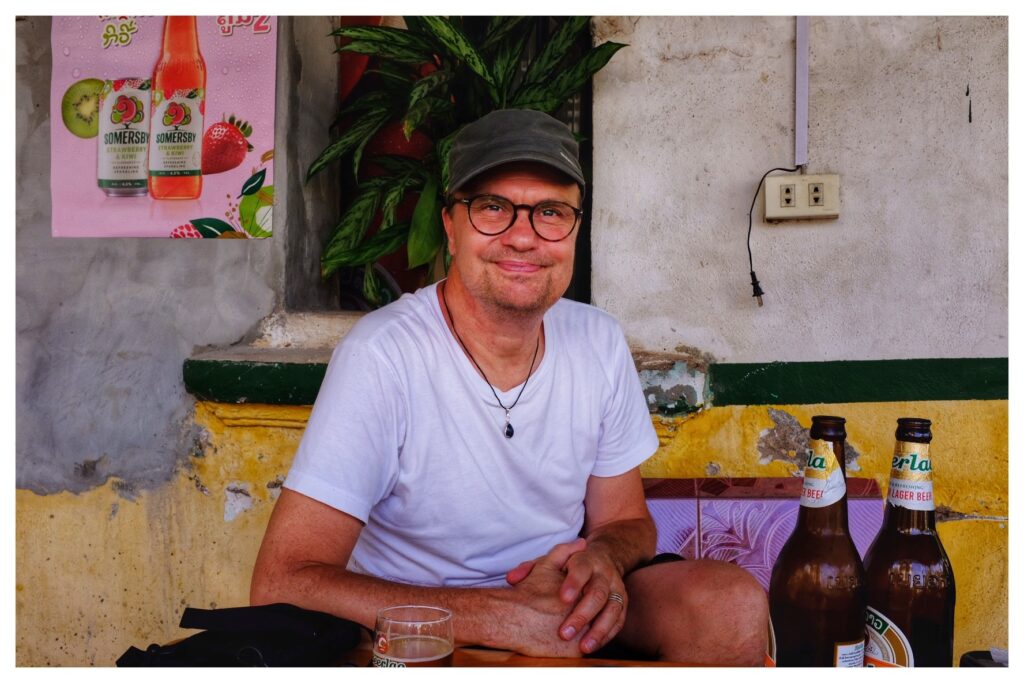I am a cultural anthropologist researching conflict and post-conflict issues in West Africa. I enjoy doing fieldwork and travelling. I have been HoD at the Department of Cultural Anthropology and Ethnology at Uppsala University for the past six years. After this assiduous task, I am now very much enjoying a sabbatical year, working from abroad in different Asian locations – in wonderful small coastal towns or islands. Later in the spring, I will start doing fieldwork in Japan. It is a new field for me, and I am currently struggling to learn a bit of Japanese to get the most out of it.

In addition to the new project on Japan, I am also currently working on another project focusing on research methods, with a primary focus on the rights and positions of research assistants working in zones of conflict. For more info about that, see our ongoing project, Silencing and Marginalization, and the recently concluded Exploring the Research Backstage.
Last but not least, I have, over the past twenty years, followed a group of men who fought in the Sierra Leone civil war (1991-2002). When I first met them, they were fresh out of the war and fought hard to find new roles in post-war society. Today, they are middle-aged men. Whilst some have made good progress in life, others are still in the same predicament as twenty years ago, and tragically enough, a good number are no longer alive. Currently, we are trying to co-author some of their brutal, tragic, fascinating and at times quite poetic life stories.
You will find more information about my current and previous research projects on this page—see the menu on the left. There I have added some more personal comments, in italics, about some of the successes of the projects, but indeed also failures. It can perhaps be read as a my-life-in-projects text! The project pages also contain links to many of my publications. All books except for the most recent ones should be open access:). Still, a more formal academic presentation, including my CV, is available on my Uppsala University page.
This site started as a blog in 2011. It is no longer very active, but I have decided to keep the page open since it contains a wealth of knowledge. In total, there are 220 posts organised into about 80 different categories. To access them, enter via the categories button below in the menu on the left. I recently started thinking about changes in travel photography, and I published a short piece that may interest some of you!
For more info about the old blog, see About a once rather active, but now very dormant blog.